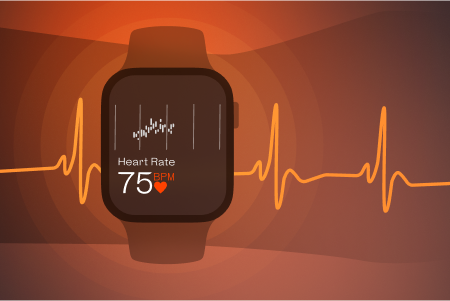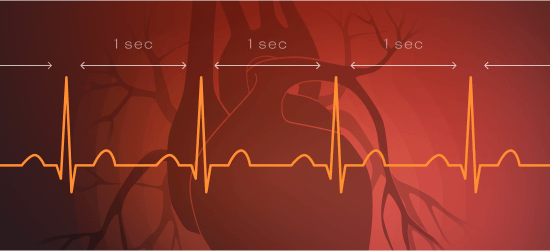


Welltory is the Ultimate HRV App




Home » Heart Rate Variability » Low heart rate variability

Heart Rate Variability (HRV) is an essential indicator of cardiovascular health, reflecting the balance between the sympathetic and parasympathetic nervous systems. Low HRV has been linked to increased risk for cardiovascular diseases, coronary heart disease, and mortality from various causes. Moreover, low HRV is associated with mental health issues, such as depression, and physical health conditions, such as diabetes and poor immune function. Understanding the implications of low HRV and implementing evidence-backed interventions can help improve cardiovascular health, reduce stress and improve health.
Do remember, however, that we at Welltory suggest you speak to a health professional first and foremost if you feel like you encounter any of the implications of consistently low HRV readings.
Heart Rate Variability refers to the fluctuations in time intervals between successive heartbeats. Contrary to popular belief, a perfectly regular heartbeat is not an indication of good health. A higher HRV signifies a more adaptable and robust cardiovascular system, while a lower HRV indicates potential health concerns.
Low HRV has been consistently associated with mental health issues, particularly depression. Reduced HRV may indicate a disruption in the balance of the autonomic nervous system in individuals with depression. Furthermore, anxiety disorders and post-traumatic stress disorder (PTSD) have also been linked to lower HRV. Monitoring HRV can help individuals recognize patterns related to mental health and seek professional assistance when necessary.
Low HRV has been linked to various physical health conditions, such as diabetes and poor immune function. By monitoring HRV, individuals can identify potential health risks and take appropriate actions to improve their health.
Poor sleep quality, sleep disorders such as obstructive sleep apnea, and sleep deprivation can significantly impact HRV. In turn, low HRV has been associated with increased daytime sleepiness and fatigue. By addressing sleep issues and optimizing sleep quality, individuals can improve their HRV and overall health.
Research has indicated that low HRV is associated with impaired immune system functioning. This connection suggests that individuals with low HRV may be more susceptible to infections, inflammation, and autoimmune disorders. Monitoring and improving HRV can help support a healthy immune system.
Low HRV has been linked to metabolic health issues, such as insulin resistance and type 2 diabetes. A study investigated the association between cardiac autonomic dysfunction, including low HRV, and increased mortality risk in both diabetic and non-diabetic populations. The results indicate that low HRV is significantly associated with increased mortality risk for diabetes patients.
Low Heart Rate Variability is a critical health concern, as it has been linked to various health risks and chronic conditions. By understanding the implications of low HRV and implementing evidence-backed interventions, you can work towards improving your cardiovascular health.
Remember however that it’s essential to consult with a healthcare professional for personalized advice and guidance on improving HRV.
Welltory Team, 26 Mar. 2023
 App Store
App Store
 Google Play
Google Play
 Huawei AppGallery
Huawei AppGallery
 Galaxy Store
Galaxy Store

